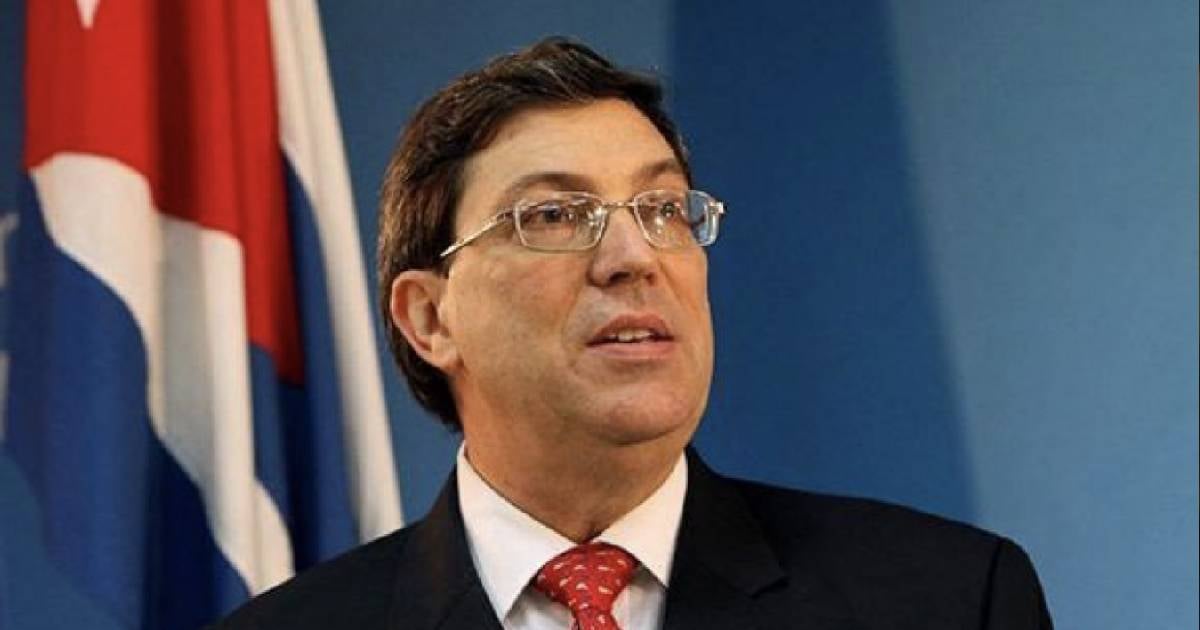The Cuban government has expressed strong disapproval over the recent release of Alexander Alazo, an exile who fired shots at the Cuban embassy in Washington, D.C. in 2020. The regime accused the United States of endorsing acts of terrorism against the island nation.
The Ministry of Foreign Affairs (MINREX) issued a statement condemning the decision to release Alazo, describing him as "the individual who, on April 30, 2020, fired 32 rounds with a machine gun at the Cuban embassy, where seven people were present." The statement emphasized that such an act would be classified as terrorism in any other country but alleged that the U.S. does not consider it as such when the violence is directed against Cuba.
MINREX further criticized the U.S. government's refusal to label the incident as terrorism or to prosecute Alazo accordingly. This week, Alazo was found not guilty of the charges due to a psychiatric evaluation that concluded he was not "criminally responsible" at the time of the attack. He was released on probation.
Federal Judge Amy Berman Jackson mandated that Alazo remain under medical supervision, imposed a curfew, and restricted him from leaving central Pennsylvania or approaching Cuban regime institutions and their personnel. In response to this ruling, the Cuban regime claimed that U.S. justice authorities ignored evidence of Alazo's connections with groups in Florida known for aggressive actions against Cuba, including violence and terrorism advocacy.
The Cuban government also attempted to link Alazo with exiled Cubans Yoaxis Marcheco Suárez and her husband, Baptist pastor Mario Félix Lleonart Barroso, as part of its strategy to spread misinformation.
